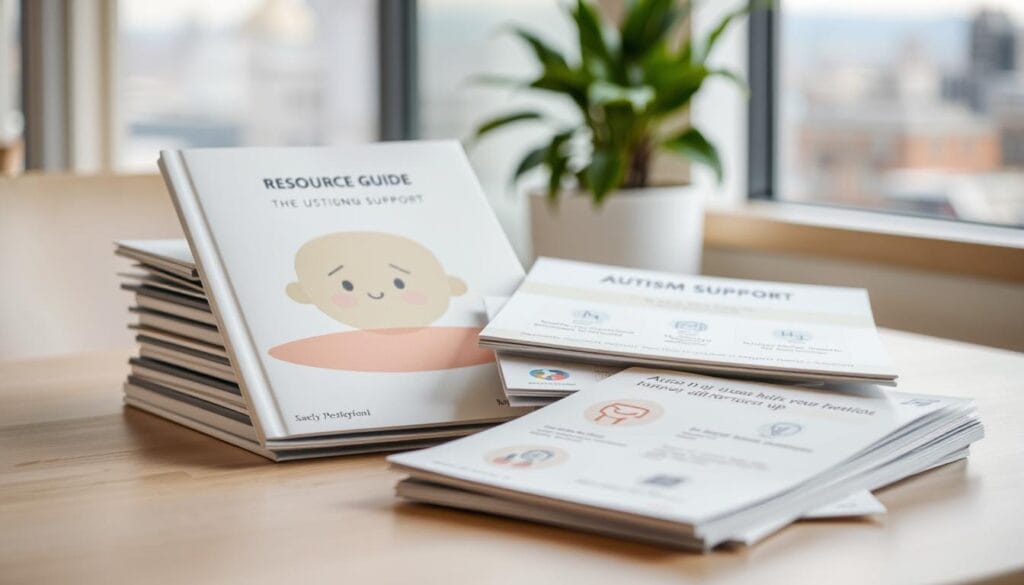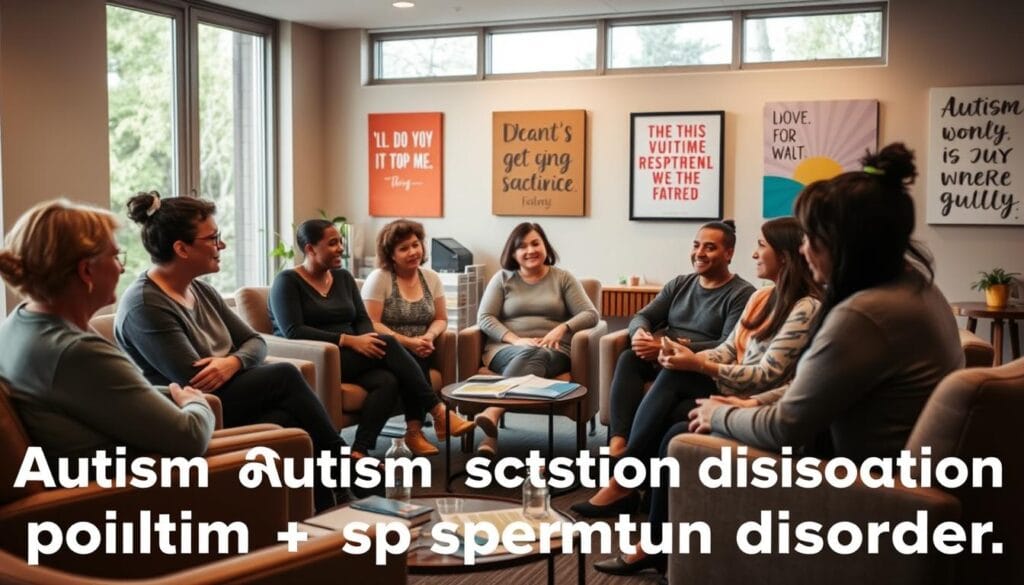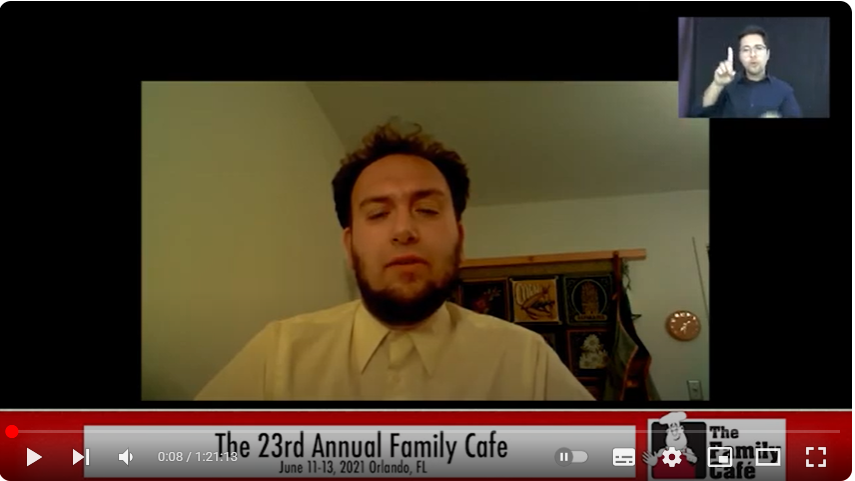Welcome to this comprehensive resource hub dedicated to adult autism support groups. Did you know that over 70% of autistic adults report feeling isolated without access to community support? This startling statistic highlights the critical role that support groups play in fostering connections and empowerment.
Autism support groups serve as vital lifelines, offering a safe space for individuals to share experiences, gain insights, and build meaningful relationships. These groups come in various forms, including online forums and in-person meetups, ensuring accessibility for everyone. According to Autism Speaks, participation in such groups can significantly enhance emotional well-being and social skills.
Beyond emotional support, these groups provide access to essential resources and programs tailored for autistic adults. They facilitate social connections and enrich the delivery of related services, making them indispensable for both individuals and their families. Trusted service providers and family involvement are key to the success of these groups, ensuring a supportive environment for all participants.
In the following sections, we will delve into the types of programs available, the importance of reliable information, and how to find a support group that aligns with your unique circumstances. Stay tuned for detailed guidance and listings that will empower you to make informed decisions.
Table of Contents
Key Takeaways
- Adult autism support groups are crucial for reducing isolation and enhancing well-being.
- Both online and in-person groups are available, offering flexibility and accessibility.
- These groups provide essential resources and programs tailored for autistic adults.
- Trusted service providers and family involvement are vital for successful support groups.
- Reliable information and detailed guidance are available to help you find the right support group.
Understanding the Importance of Community Support for Autism
Community support plays a vital role in the lives of individuals on the autism spectrum. It fosters inclusion and provides a foundation for social and emotional growth.
Exploring the Benefits of Social Connections and Inclusion
Social connections are key to enhancing quality of life. They create opportunities for shared experiences and mutual understanding, reducing feelings of isolation. Engaging in organized activities and events can significantly improve mental health by providing structure and a sense of belonging.
How Support Impacts Mental Health and Quality of Life
Participating in group events and activities offers numerous benefits. These include improved emotional well-being and the development of social skills. Organizations that provide such resources play a crucial role in ensuring these opportunities are accessible to everyone.
| Type of Support Group | Key Activities | Benefits |
|---|---|---|
| In-Person Groups | Workshops, social meetups | Face-to-face interaction, skill development |
| Online Communities | Forums, virtual events | Accessibility, flexibility |
| Specialized Programs | Age-specific events | Catered to individual needs |
Organizations often serve as comprehensive resource guides, offering tailored programs and events. These resources are designed to meet the needs of both children and adults, ensuring age-appropriate activities and guidance for caregivers. By emphasizing professional guidance and addressing common misconceptions, these organizations help build stronger, more supportive communities.
Connecting with Adult Autism Support Groups in the United States
Discovering the right support network can be a transformative step in your journey. Across the U.S., a variety of organizations and communities are dedicated to helping individuals connect and thrive.
Finding Both Online and In-Person Groups
Whether you prefer the convenience of virtual meetings or the immediacy of in-person gatherings, there are options available to suit your needs. Online platforms like those hosted by GRASP and AANE offer virtual meetings via Zoom, providing flexibility and accessibility. In-person groups, often organized through Meetup.com, allow for face-to-face interaction and local connections.

These groups are tailored to diverse preferences and requirements, ensuring that everyone can find a setting where they feel at ease and supported.
Leveraging Trusted Resources and Community Listings
Nonprofit organizations such as the Autism Society play a crucial role in connecting individuals with local and virtual support groups. They offer detailed listings and resources to help you find groups that align with your specific needs and preferences.
“Community is a powerful tool for connection and understanding. It’s where we find strength and build meaningful relationships.”
When exploring these resources, it’s important to verify meeting times and details through email or direct contact, as suggested by many organizations. This ensures you have the most accurate and up-to-date information.
Community and parent-led groups are particularly valuable, as they often provide authentic and relatable support. They organize events that cater to a wide range of interests and special needs, making them inclusive and welcoming environments.
Consider factors such as meeting frequency and the specific focus of the group when choosing the right fit for you. This thoughtful approach will help you find a community where you can truly connect and grow.
Tailored Resources and Guidance for Your Support Journey
Embark on a journey where resources are crafted to meet your unique needs, helping you navigate the world of autism support with confidence and clarity.
Types of Support Services and Events Available
Explore a diverse range of services designed to cater to various requirements. From disability-specific programs to broad autism spectrum support groups, there are options available for everyone. Monthly events, workshops, and virtual gatherings provide consistent opportunities for engagement and growth.
Utilizing Programs, Workshops, and Faith-Based Initiatives
Organizations like AANE and The Spoken Wheel Society offer virtual events and free social meetups, creating inclusive environments. Faith-based initiatives such as Blue Blessings and Yachad further enrich these opportunities, fostering partnerships that enhance skill development and professional growth.

- Participate in monthly workshops tailored to improve social and professional skills.
- Engage in adaptive events designed to meet specific developmental needs.
- Leverage resource guides to find adult groups and skill-building sessions.
- Explore partnerships between disability organizations and local initiatives for inclusive environments.
By utilizing these resources, you can build a supportive network and enhance your skill set, creating a fulfilling and empowered life.
Conclusion
Joining a supportive community can be a powerful step toward empowerment and personal growth. These groups offer a sense of belonging and opportunities to connect with others who share similar experiences.
Engaging with community members, professionals, and resource providers can significantly improve your overall health and well-being. Whether through online forums or in-person meetups, these interactions foster inclusion and understanding.
Taking action is crucial—whether it’s through a referral or self-driven outreach. Verified contact methods like phone and email ensure you have accurate information to get involved.
Support is a continuous journey, evolving with participation from family members and professional providers. Successful partnerships and endorsements from reputable organizations add credibility and trust.
Remember, support transforms your experience emotionally and socially. Explore additional resources and continue building your network through trusted channels. Your journey toward a fulfilling life starts here.
Discover our post:

